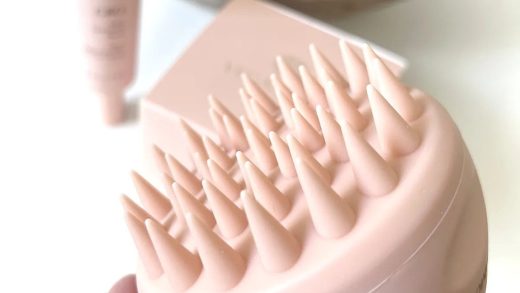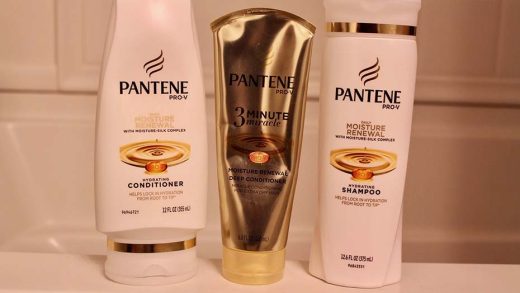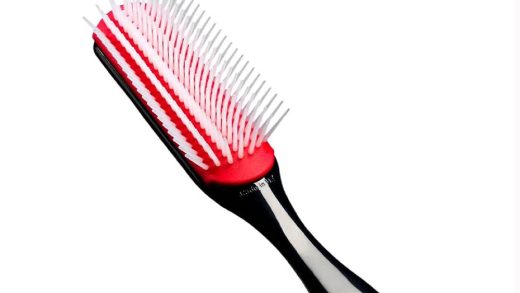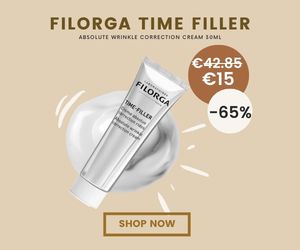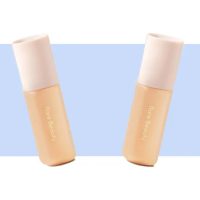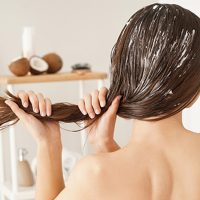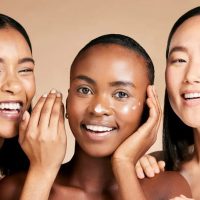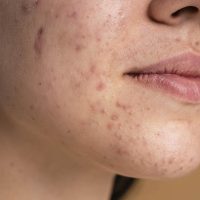As we journey through life, every stage brings unique changes to our bodies. For many women, menopause isn’t just about hormonal shifts, but also about physical changes that extend to our appearance, especially our hair. During this phase, women often experience hair thinning, dryness, texture changes, and even hair loss. Fortunately, with the right knowledge and care, we can still maintain beautiful and healthy hair during menopause.
Unleash Your Adventure with Columbia Sportswear
– Where Style Meets Performance!
Elevate Your Outdoor Experience with Our Premium Gear – Explore, Conquer. and Look Good Doing It. Embrace the Elements in Columbia's Cutting-Edge Designs. Gear Up for Greatness, Unleash Your Inner Explorer!
Find your gearI want to share some effective hair care tips for women going through menopause, so you can continue to feel confident and radiant no matter what stage of life you’re in.
1. Why Does Menopause Affect Our Hair?
To better understand how to take care of our hair during menopause, it’s crucial to first understand the causes behind the changes that happen. During menopause, the body’s hormone levels fluctuate dramatically, especially estrogen and progesterone. These shifts don’t just affect internal health—they also have a direct impact on the health of our hair.
1.1 Estrogen Decline
Estrogen plays a key role in regulating hair growth. It helps stimulate hair follicles and keeps hair growing thick and strong. As estrogen levels decline during menopause, the growth cycle of hair is shortened, and hair tends to grow more slowly, becoming thinner. This reduction in estrogen can also contribute to increased hair shedding.
1.2 Rise in Androgens
With a decrease in estrogen, there’s an increase in androgen levels (male hormones). These hormones can trigger the same type of hair thinning that men experience, often resulting in receding hairlines or thinning at the crown. This is particularly noticeable in women with a genetic predisposition for thinning hair.
1.3 Changes in Scalp Health
Hormonal fluctuations during menopause can also impact the scalp. Some women may experience scalp dryness, itchiness, or dandruff, while others might have oily scalps. Both of these conditions can contribute to hair issues, whether it’s dryness or the buildup of oils that suffocate hair follicles.
1.4 Slower Metabolism
As we age, our metabolism slows down, and this can also affect the health of our hair. A slower metabolism means that the body has a reduced ability to process and distribute nutrients essential for hair health. Lack of proper nutrition or deficiencies in vital vitamins and minerals can weaken hair, making it more prone to breakage and dryness.
2. How to Take Care of Your Hair During Menopause
Now that we understand why menopause affects hair, let’s talk about how to take care of it effectively. With the right steps, you can maintain healthy, vibrant hair during this transition.
2.1 Keep Your Scalp Clean and Healthy
A healthy scalp is essential for strong, growing hair. The scalp is where hair follicles reside, and maintaining a balanced environment on your scalp can help improve hair health.
Gentle Shampoo and Scalp Care
It’s important to choose a shampoo that is gentle and free from harsh chemicals like sulfates. Look for shampoos that are designed for sensitive scalps or that contain natural ingredients like tea tree oil, lavender, or rosemary. These ingredients can help to promote circulation in the scalp and encourage healthy hair growth.
Scalp Exfoliation
Just like our skin, the scalp can benefit from occasional exfoliation. Regular scalp scrubs can help remove excess oil, dead skin cells, and product buildup, which can block hair follicles. You can use a natural scalp scrub with sea salt or sugar once a week to help refresh your scalp.
2.2 Nourish Your Hair with the Right Diet and Supplements
During menopause, your body requires extra nutrients to support healthy hair. The right diet and supplements can make a world of difference in maintaining hair health.
Incorporate Essential Vitamins and Minerals
Make sure to include vitamin B-complex, iron, zinc, selenium, and biotin in your diet. These nutrients are essential for strong and healthy hair. You can find them in foods like leafy greens, lean meats, eggs, nuts, and seeds. You can also consider taking a multivitamin specifically designed for women in menopause to help fill any nutritional gaps.
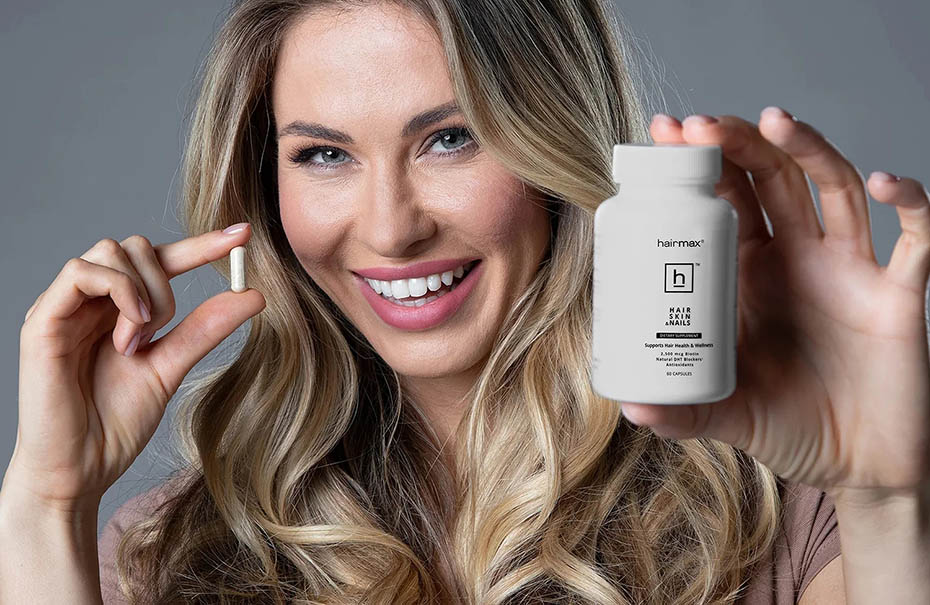
Eat More Antioxidants
Antioxidants help reduce oxidative stress and free radical damage that can weaken hair follicles. Foods rich in antioxidants, like blueberries, spinach, carrots, and nuts, are great for supporting scalp health and encouraging healthy hair.
Stay Hydrated
Water is an essential component of healthy hair. Drink plenty of water throughout the day to keep your scalp and hair hydrated. Dehydration can lead to dry, brittle hair and scalp irritation.
2.3 Minimize Heat and Chemical Damage
As hair becomes more fragile during menopause, it’s important to minimize damage from heat styling tools and chemical treatments.
Limit Chemical Treatments
Frequent coloring, perming, or chemical straightening can damage hair, especially when it’s already weakened by hormonal changes. If you must color your hair, consider choosing gentle, ammonia-free products that are less harsh on your hair. Try to space out salon treatments as much as possible to give your hair a break.
Avoid Excessive Heat
Excessive heat from hairdryers, curling irons, and straighteners can make your hair more brittle and prone to breakage. Try to limit your use of these tools. When you do use them, always apply a heat protectant spray beforehand to shield your hair from heat damage.
2.4 Protect Your Hair from Environmental Factors
Our hair is exposed to environmental factors like UV rays, pollution, and extreme weather, which can damage hair over time. Taking steps to protect your hair can help maintain its health.
UV Protection for Hair
Just like your skin, your hair can be damaged by UV rays. Prolonged exposure can cause color fading, dryness, and split ends. To protect your hair, use hair products that contain UV filters, or wear a hat when you’re out in the sun for extended periods. A scarf or wrap can also shield your hair from the elements.
Protective Hairstyles
If you’re concerned about the weather or environmental stress, consider opting for protective hairstyles like braids, buns, or ponytails. These styles help reduce tangling and minimize exposure to the sun or pollutants.
2.5 Manage Stress and Get Enough Sleep
Stress can have a huge impact on your overall health, including your hair. Managing stress is an important part of maintaining healthy hair.
Reduce Stress
Chronic stress can lead to hair loss, so it’s essential to find ways to manage it. Activities like yoga, meditation, journaling, and deep breathing exercises can help alleviate stress and promote relaxation.
Sleep Well
Adequate sleep is crucial for hair health, as it allows your body to repair and rejuvenate itself. Aim for 7-9 hours of quality sleep every night to help your hair stay strong and healthy.
3. Recommended International Brands for Hair Care During Menopause
To make your hair care routine even more effective, I recommend trying some high-quality international hair care brands that offer specialized products for menopausal hair. Here are some of my top picks:
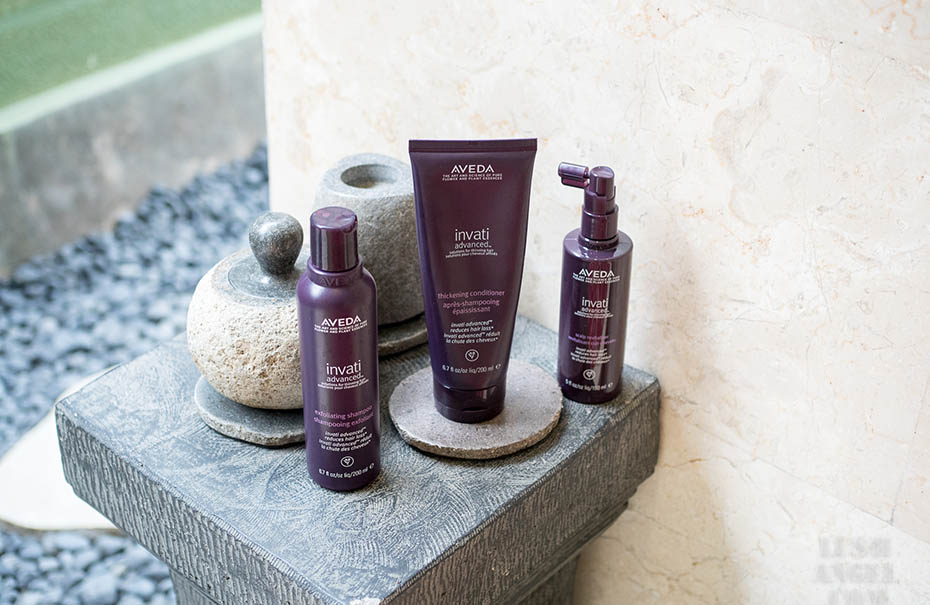
Aveda Invati Advanced
This series from Aveda is specially designed for thinning hair. The Invati Advanced range is packed with plant-based ingredients that promote a healthy scalp and hair growth. It helps to reduce hair thinning and stimulates follicle activity to restore density.
Kerastase Densifique
Kerastase’s Densifique range is perfect for women with thinning hair. It strengthens the hair fiber and revitalizes the scalp, leading to visibly denser, fuller hair. Its nourishing formulas are great for promoting thickness and vitality.
OGX Biotin & Collagen Shampoo
This shampoo contains biotin and collagen to help thicken and strengthen your hair. It’s an excellent choice for menopausal women experiencing thinning or breakage, as it helps improve both hair volume and texture.
Phyto Phytocyane Densifying Shampoo
This product from Phyto is designed to combat hair loss and encourage stronger, healthier hair. It’s packed with botanical ingredients that help restore balance to the scalp and improve hair density.
Bumble and Bumble Hairdresser’s Invisible Oil
This lightweight oil is perfect for hydrating dry hair, especially during menopause when hair tends to become brittle. It’s a great product to seal in moisture and add shine while providing heat protection.
While menopause can bring about significant changes in our bodies, it doesn’t have to mean the end of beautiful hair. By using the right products, incorporating nourishing foods, and following proper hair care techniques, we can continue to enjoy healthy, vibrant hair throughout this transitional phase of life.
I hope these tips help you maintain your hair’s health and beauty during menopause. With a little attention to your hair care routine and a few lifestyle adjustments, you can navigate this stage of life feeling confident and radiant. So, embrace these changes, and remember: with the right care, your hair can still be as stunning as ever!
